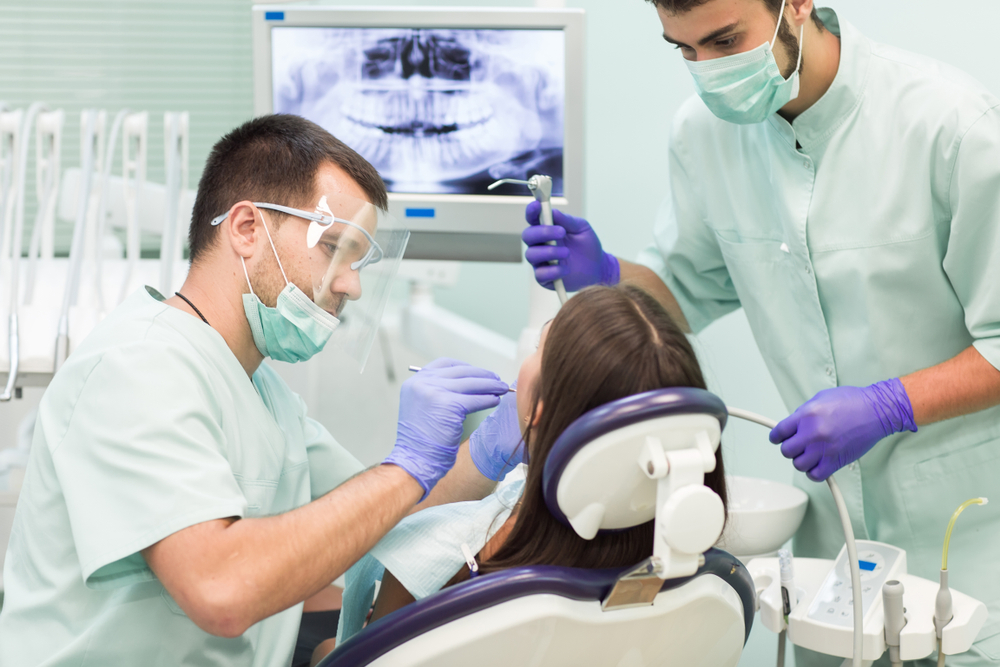Maxillofacial Surgery: A Dental And Oral Solution”

Maxillofacial surgeons, also known as oral and maxillofacial surgeons, are dental specialists who treat a wide range of conditions involving the face, mouth, and jaws. They are trained to perform both surgical and non-surgical procedures to correct functional and cosmetic problems related to the face, mouth, and jaws.
What do Maxillofacial Surgeons Treat?
Maxillofacial surgeons treat a wide range of conditions that affect the face, mouth, and jaws. Some of the most common conditions treated by these specialists include:
- Impacted teeth: When a tooth is unable to emerge through the gum line, it is said to be impacted. Maxillofacial surgeon can remove impacted teeth, allowing for proper alignment of other teeth.
- Dental implants: Dental implants are artificial tooth roots that provide a permanent base for fixed or removable replacement teeth. Maxillofacial surgeons can place dental implants to replace missing teeth.
- Jaw surgery: Jaw surgery is performed to correct functional and cosmetic problems related to the jaw. This can include procedures to correct an overbite, underbite, or misaligned jaw.
- Cleft lip and palate: Cleft lip and palate are congenital conditions in which the lip and/or palate are not fully formed. Maxillofacial surgeons can perform surgery to correct these conditions, improving both appearance and function.
.
Dental oral surgery is a specialized field of dentistry that focuses on the diagnosis and treatment of conditions affecting the mouth, jaws, and face. Dental oral surgery can improve both the function and appearance of the mouth, jaws, and face, providing patients with increased confidence and a better quality of life.
What are the Benefits ?
Maxillofacial surgery can provide a wide range of benefits, including:
- Improved function: Maxillofacial surgery can improve the function of the face, mouth, and jaws. This can include correcting bite problems, improving speech, and restoring normal jaw movement.
- Improved appearance: Maxillofacial surgery can also improve the appearance of the face, mouth, and jaws. This can include correcting asymmetry, reducing wrinkles, and improving the overall balance and harmony of the face.
- Increased self-confidence: Maxillofacial surgery can increase self-confidence by improving the appearance of the face and restoring normal function.
What to Expect During Maxillofacial Surgery?
The exact process of maxillofacial surgery will depend on the specific procedure being performed. However, there are a few things you can expect regardless of the type of surgery:
- Consultation: The first step in the process is a consultation with your maxillofacial surgeon. During this appointment, you will discuss your goals, medical history, and any concerns you may have. Your surgeon will also perform a physical examination and take x-rays to determine the best course of action.
- Preoperative preparation: Before your surgery, your surgeon will provide you with detailed instructions on how to prepare. This may include avoiding certain medications, fasting before surgery, and arranging for someone to drive you home after the procedure
Conclusion
Maxillofacial surgeons are experts in treating a wide range of conditions affecting the face.
Maxillofacial surgery is typically performed under general anesthesia, meaning you will be asleep during the procedure. The length of the surgery will depend on the type of procedure being performed.




